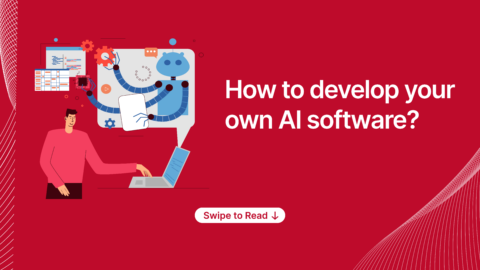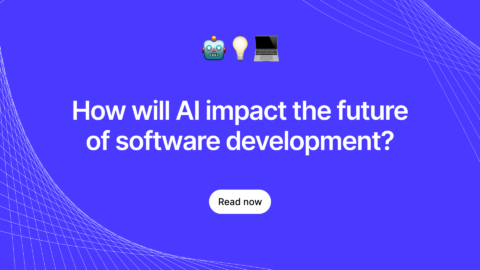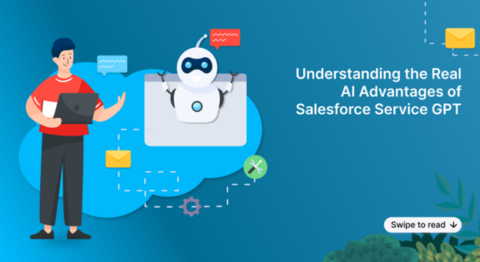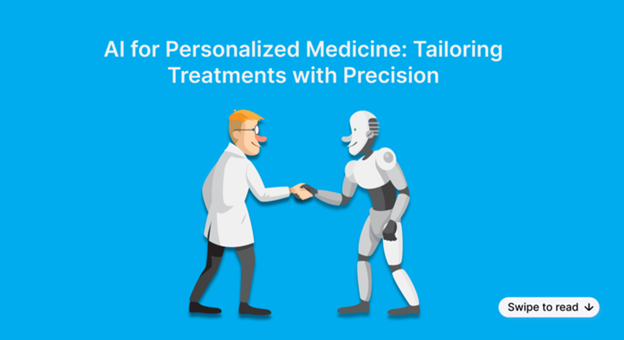
Artificial intelligence has been making new revolutions in almost every field in the world. Especially in the field of healthcare, the role of artificial intelligence is most significant. With the support of AI and machine learning technologies, healthcare professionals can now gather separate information that previously might not have been gathered and analyzed. In this blog we will explore how healthcare organizations can use AI for medicine.
Did you know? Adoption of AI in healthcare could save between 5% and 10% in US spending.
Though artificial intelligence is making tremendous changes in the field of healthcare with its advanced features, AI’s role in the field of precision medicine is notable.
In this blog post, we are going to look into the utilization of AI features in precision medicine for providing more tailored treatments to patients. Before we begin, let’s have an overview about precision medicine.
A quick look at precision medicine:
Simply, Precision medicine, also known as personalized medicine, is an approach to healthcare that tailors medical decisions and treatments to the unique characteristics of each individual patient. It considers a person’s genetic makeup, environment, lifestyle, and personal health history to create personalized treatment plans and interventions. This approach aims to improve the effectiveness and safety of medical care by ensuring that treatments are tailored to the specific needs and genetic traits of each patient, ultimately leading to better health outcomes.
From the above explanation, we can get a clear idea about personalised medicine. Now, we are going to have a deep understanding of the role played by AI in providing personalized medicine in a better way.
Role of AI in personalized medicine:
Artificial Intelligence (AI) plays a crucial role in personalized medicine, enhancing various aspects of healthcare. Here are some key roles of AI in personalized medicine:
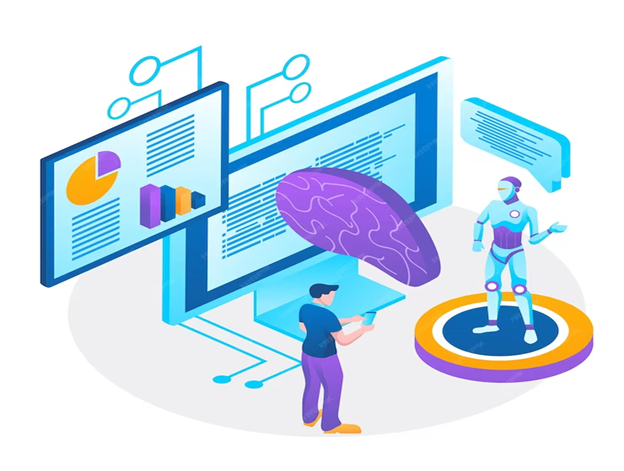
Data analysis and interpretation: In order to find patterns and correlations that may be overlooked by human physicians, artificial intelligence is capable of processing large numbers of patients’ data, such as gene information, electronic healthcare records or health imaging. This can be used to diagnose diseases and predict outcomes for patients.
Genomic analysis: AI algorithms may analyze genetic data of individuals and identify gene variants associated with particular diseases, drug responses or risk factors. This information helps to match the genetic profiles of individuals with treatment and preventive measures.
Drug discovery: AI accelerates drug discovery by analyzing molecular data to identify potential drug candidates and predict their efficacy. It can also help identify patient populations most likely to respond to new therapies, reducing the time and cost of drug development.
Treatment optimization: AI assists in optimizing treatment plans by considering a patient’s genetic makeup, medical history, and response to previous treatments. It recommends personalized therapies with the highest likelihood of success and minimal side effects.
Predictive analytics: AI can forecast disease progression and patient outcomes by analyzing historical patient data. This aids in early intervention and better disease management.
Radiology and imaging: AI-powered image analysis can assist radiologists in detecting abnormalities in medical images like X-rays, MRIs, and CT scans, improving diagnostic accuracy and speed.
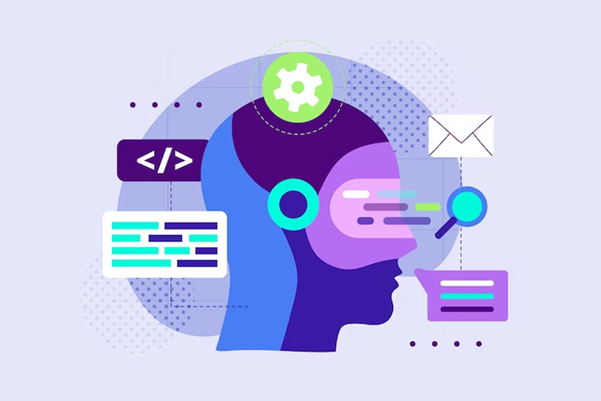
Natural Language Processing (NLP): NLP algorithms can extract valuable information from unstructured clinical notes and medical literature, aiding in the development of personalized treatment plans.
Remote monitoring: AI-driven wearable devices and remote monitoring tools can continuously collect and analyze patient data, allowing healthcare providers to track a patient’s health in real-time and make adjustments to treatment plans as needed.
Clinical decision support: AI-based clinical decision support systems provide healthcare professionals with real-time information and recommendations to aid in diagnosis and treatment planning.
Patient engagement: AI-powered chatbots and virtual health assistants can interact with patients, helping them manage their conditions, answer questions, and adhere to treatment plans more effectively.
Ethical and privacy considerations: AI is also involved in ensuring the ethical use of patient data and maintaining privacy and security in personalized medicine applications.
Did you know?
➢ The AI in healthcare market is estimated to grow to $187.95 billion by 2030.
➢ AI helped Moderna optimize its COVID-19 vaccine.
➢ North America generated the most revenue from AI in healthcare in 2022.
➢ AI could make savings of $16 billion due to medicine dosage errors.
➢ 1 in 4 Americans would prefer to talk to an AI chatbot than a human therapist.
Final thoughts
In conclusion, we can say that by making healthcare more precise, efficient, and patient-centered, AI in personalized medicine has the potential to revolutionize healthcare. It enables healthcare professionals to gain valuable information, assists in drug discovery, and helps improve the outcomes of patients by setting treatment according to their specific needs. However, it raises a number of important ethical and regulatory challenges that need to be addressed with due care in order to maximize the benefits while protecting patient’s privacy and security.
After reading this blog post, you should now understand the utility of AI in healthcare, especially in precision medicine. Looking to incorporate artificial intelligence into your healthcare firm? Need tech support to improve your healthcare organization? Fortunately, you have landed in the right domain. At Agira Technologies, we have well-skilled minds who could make your wish come true by incorporating their advanced AI skills into your healthcare business to make it more efficient to compete in the ever-growing technology-integrated healthcare landscape. Want to know more about our tech services? Just text us “Hi” and let’s connect.






